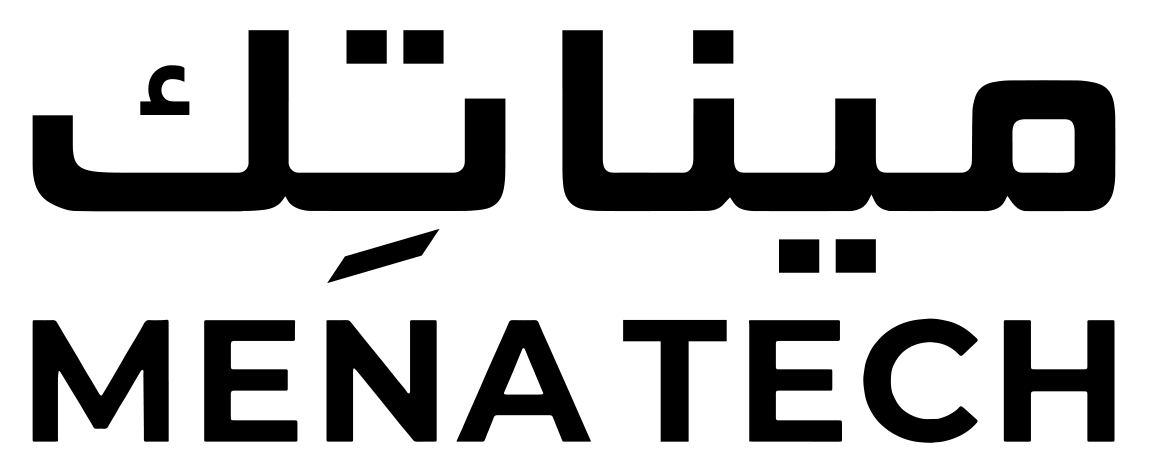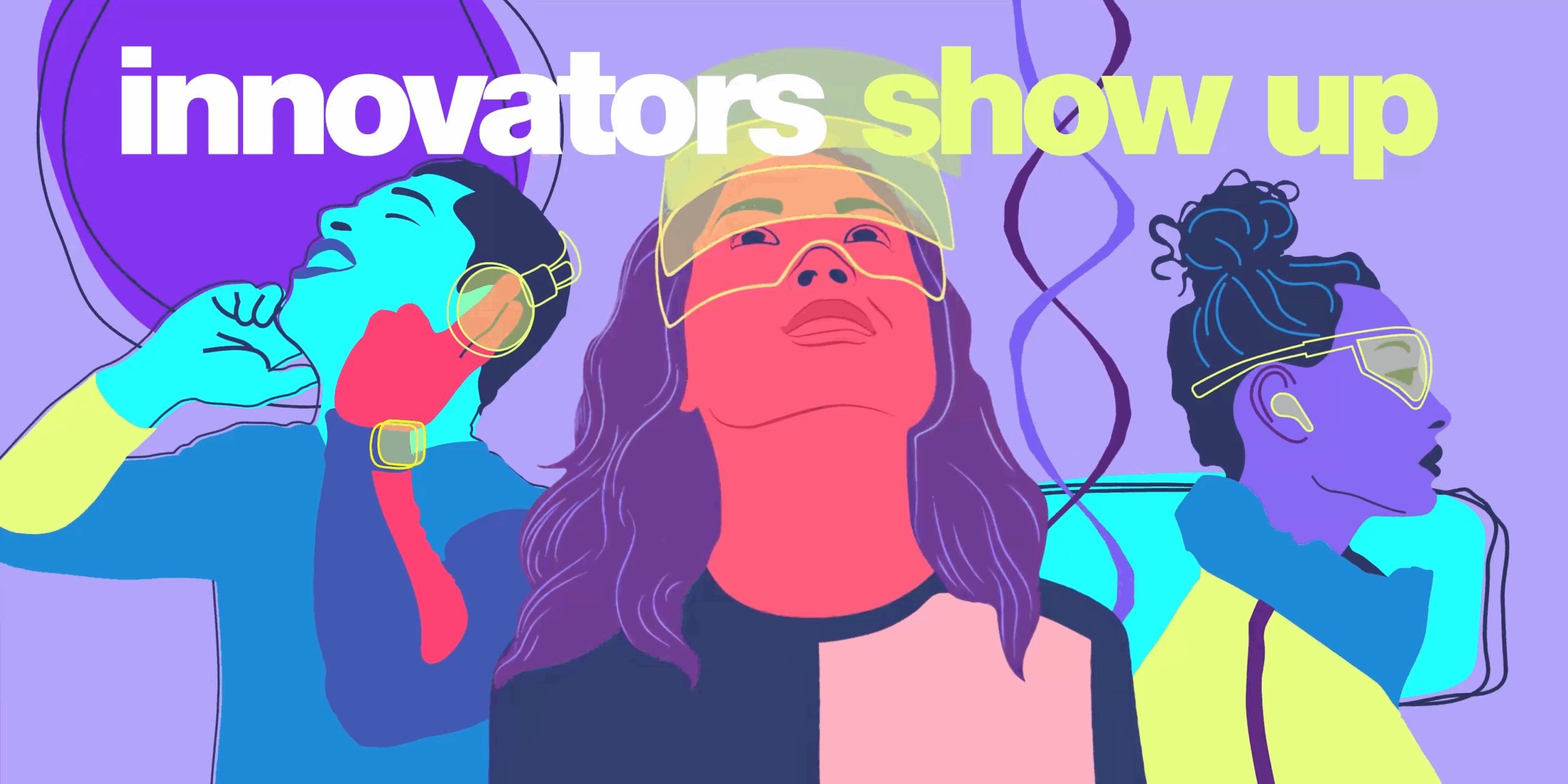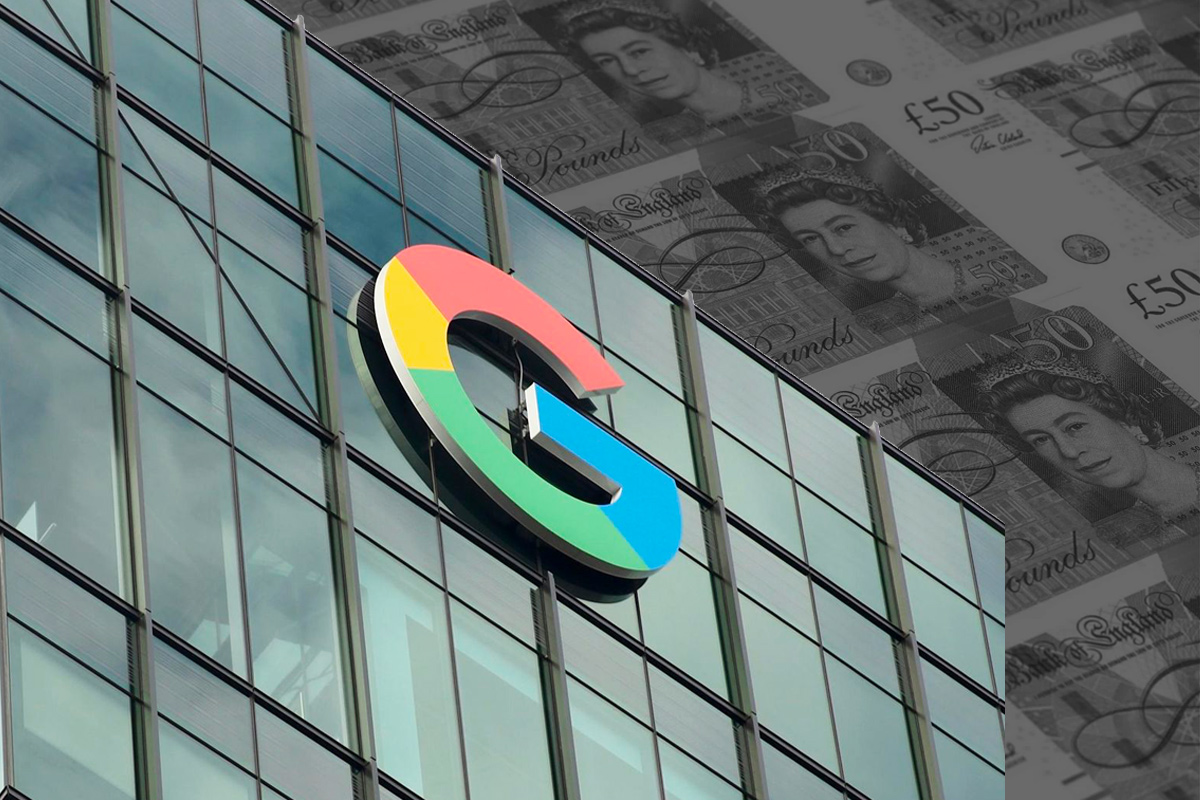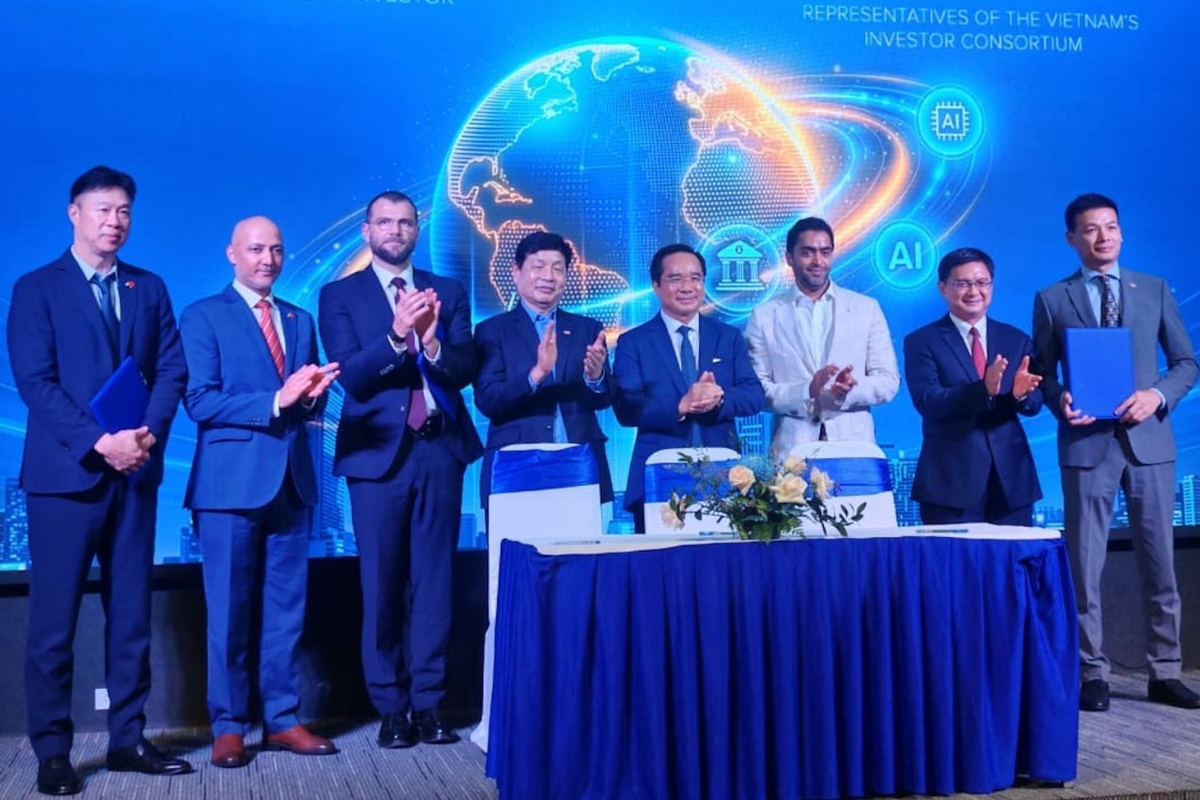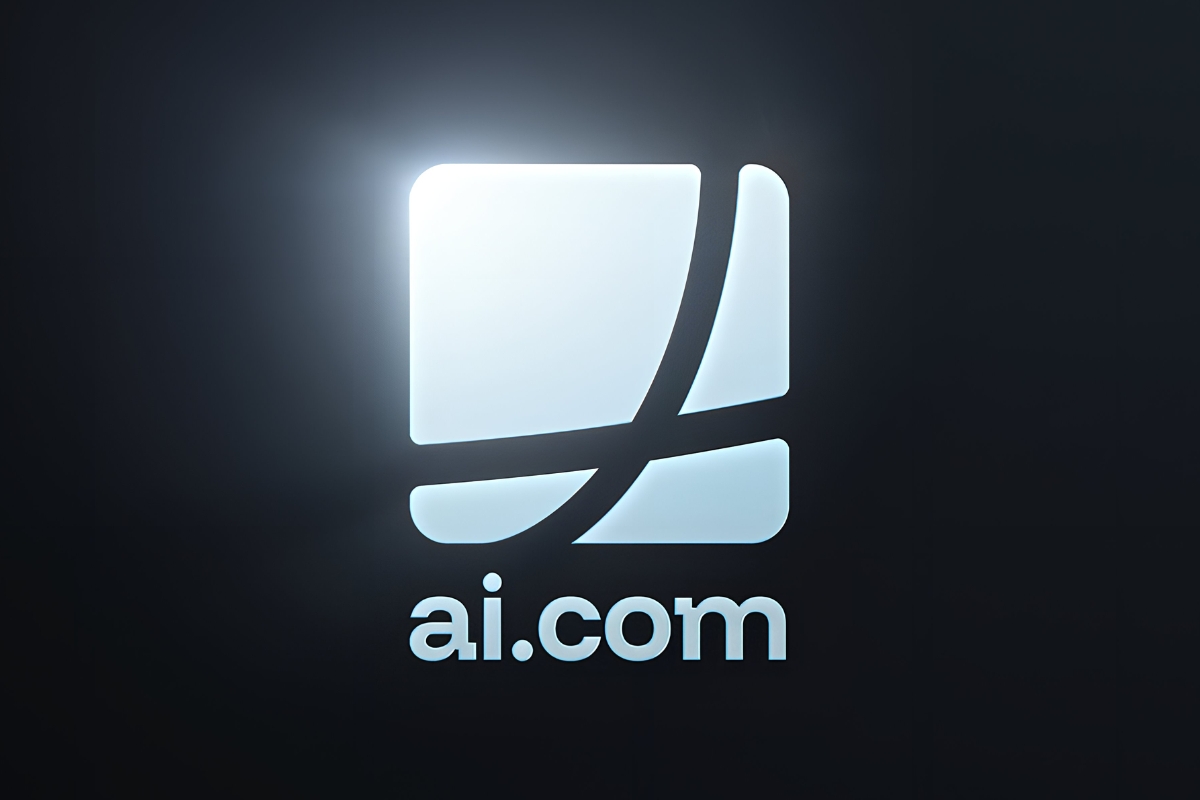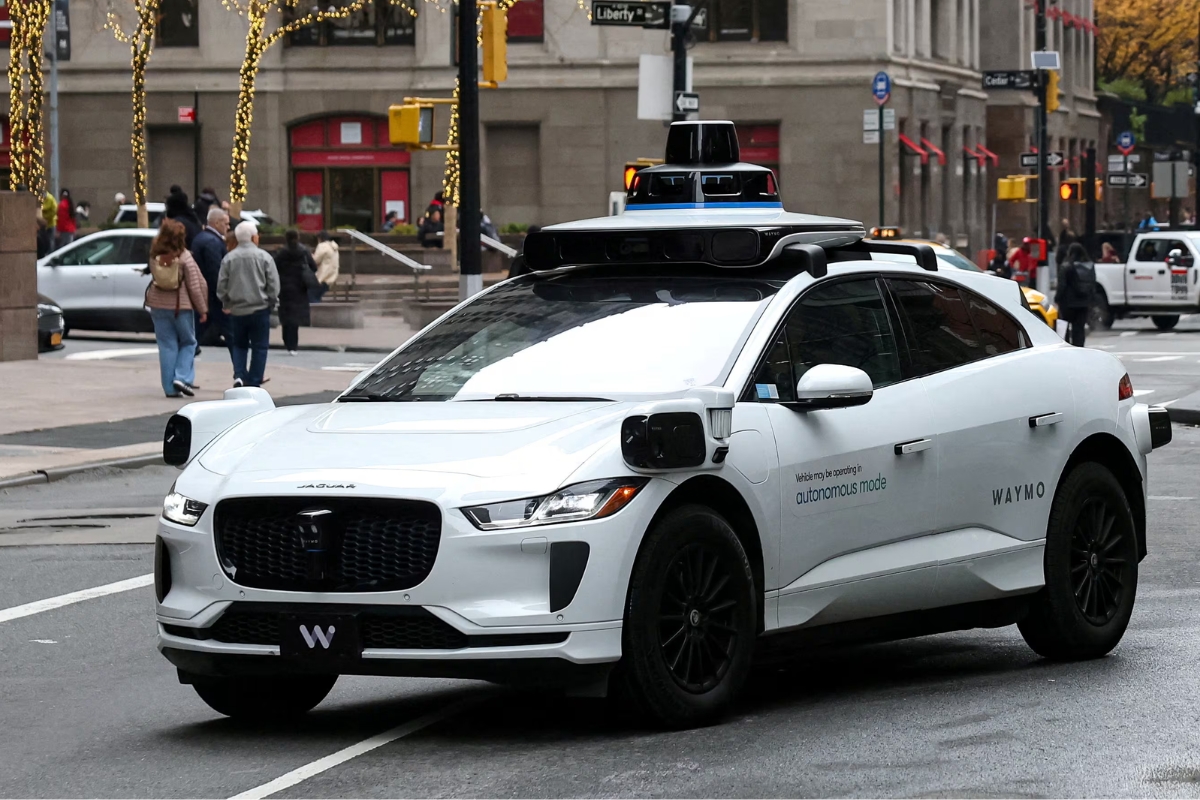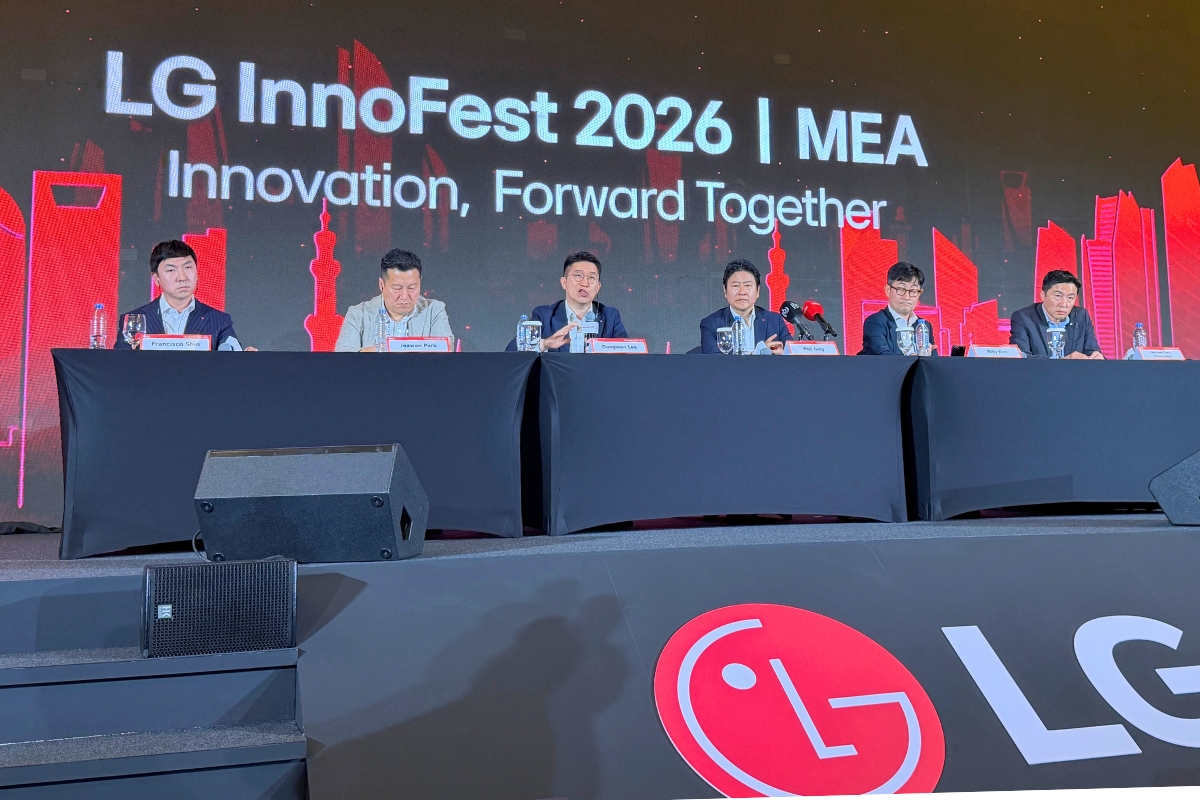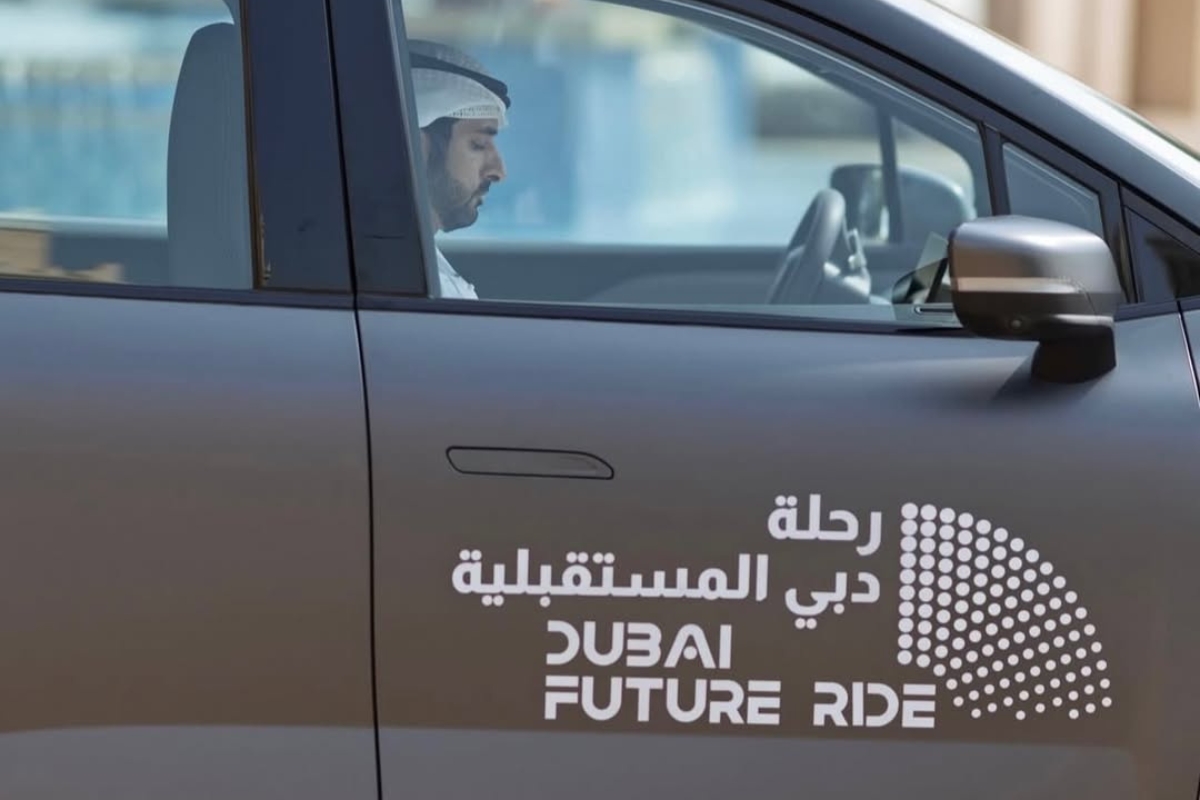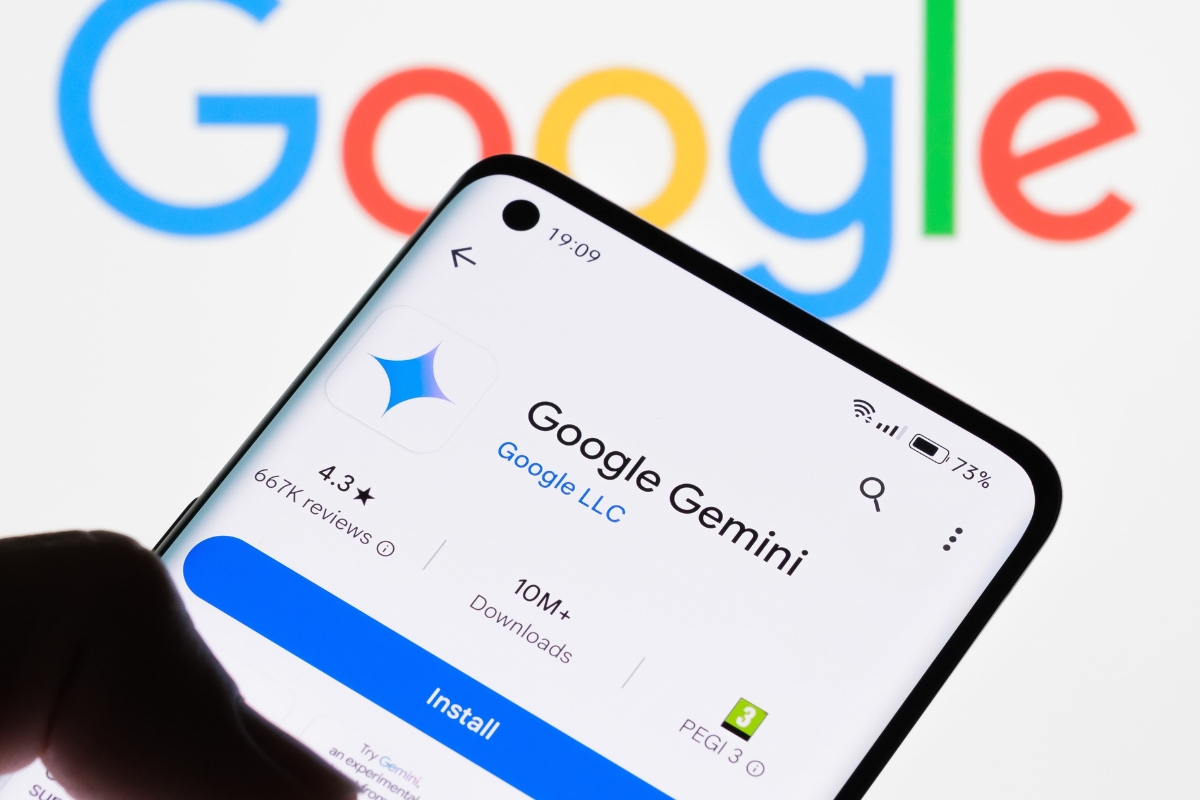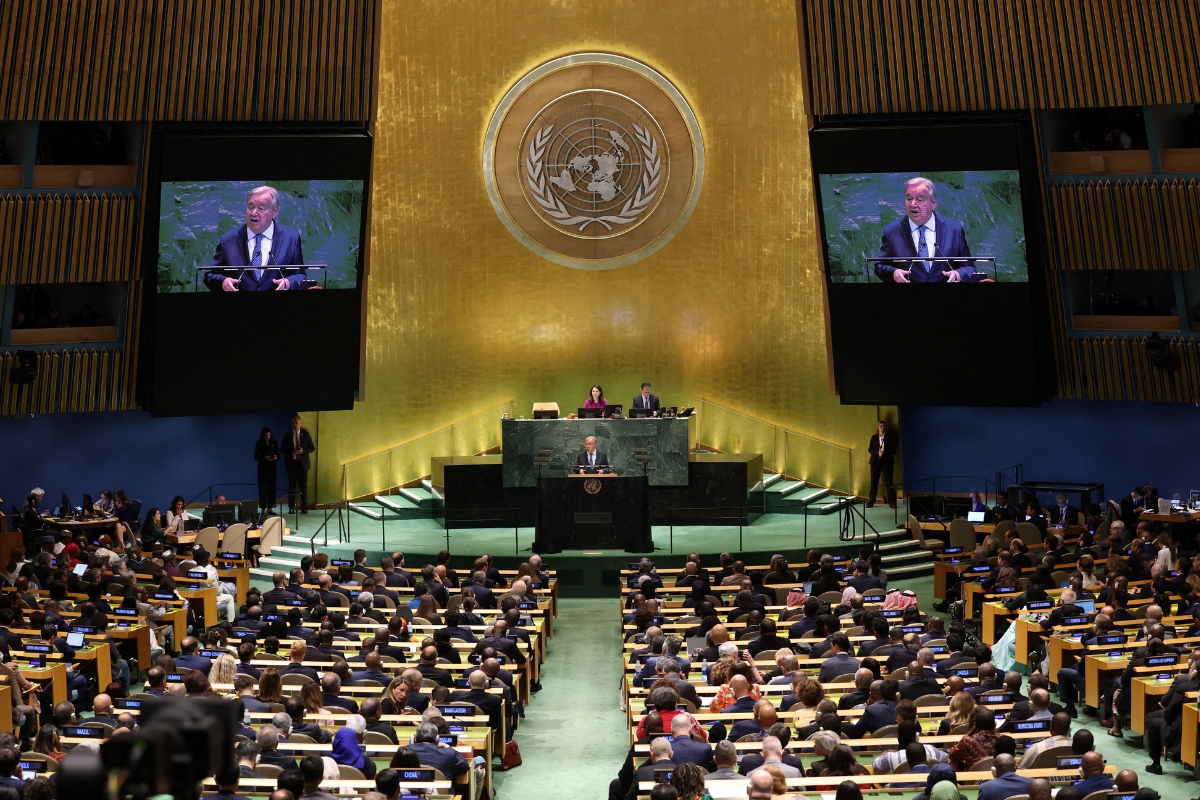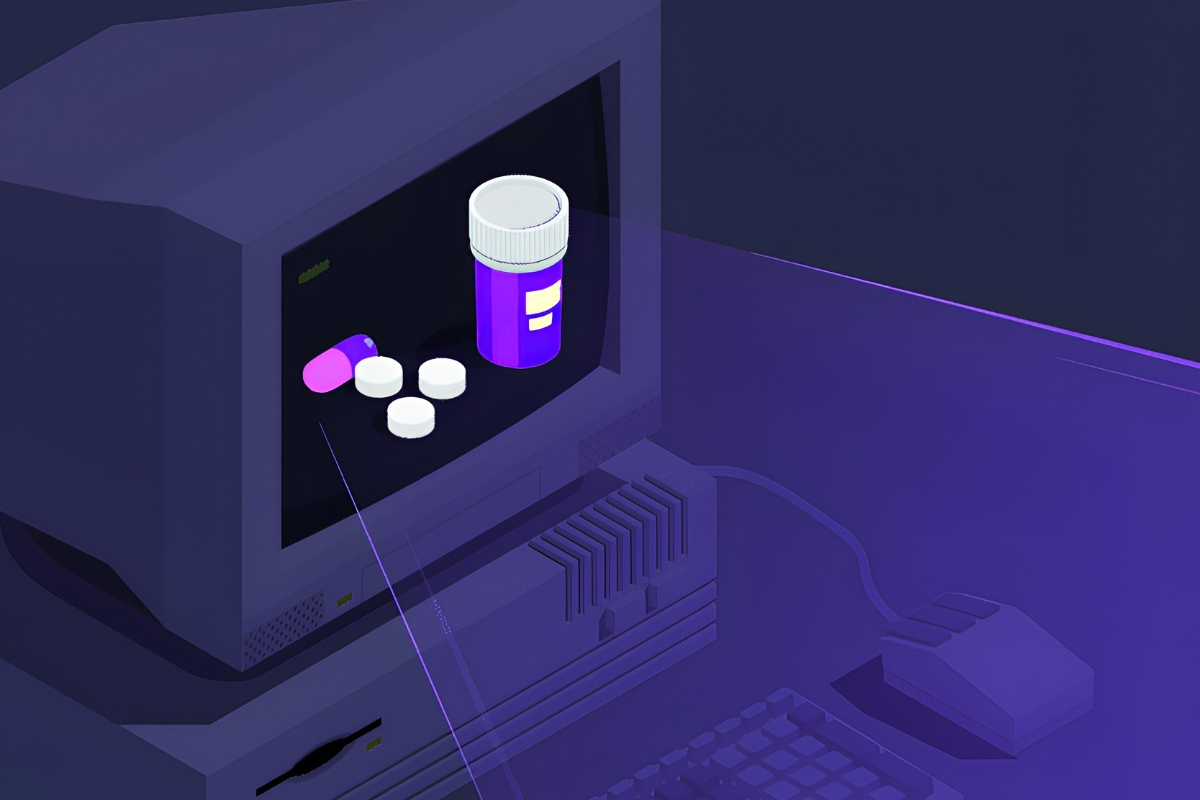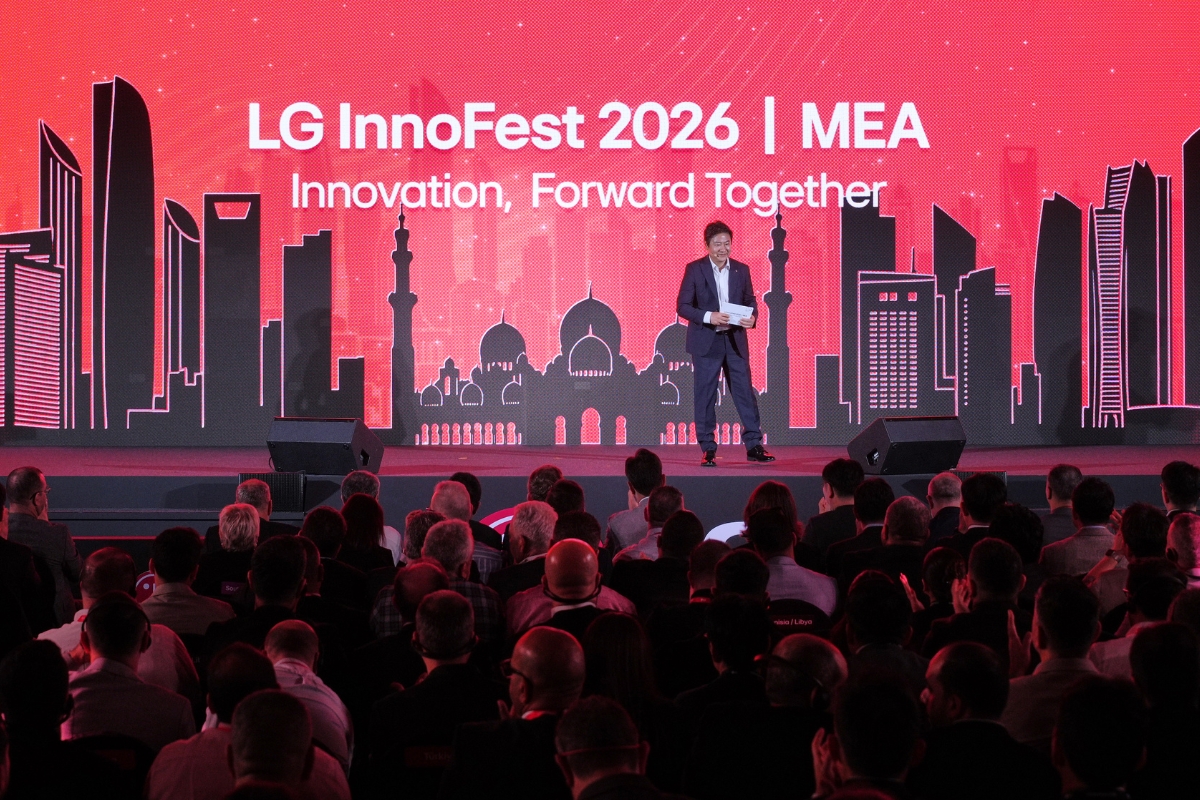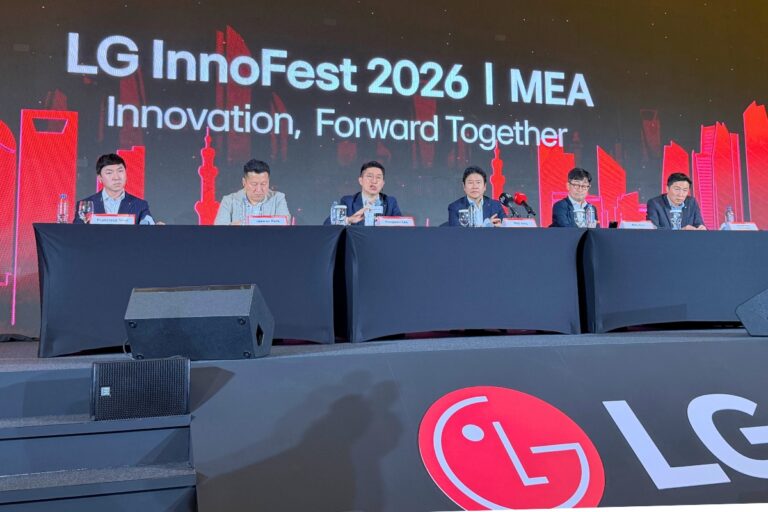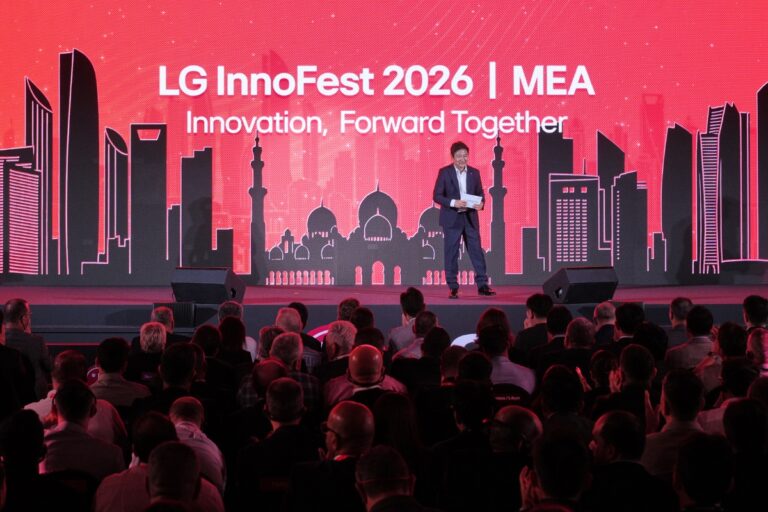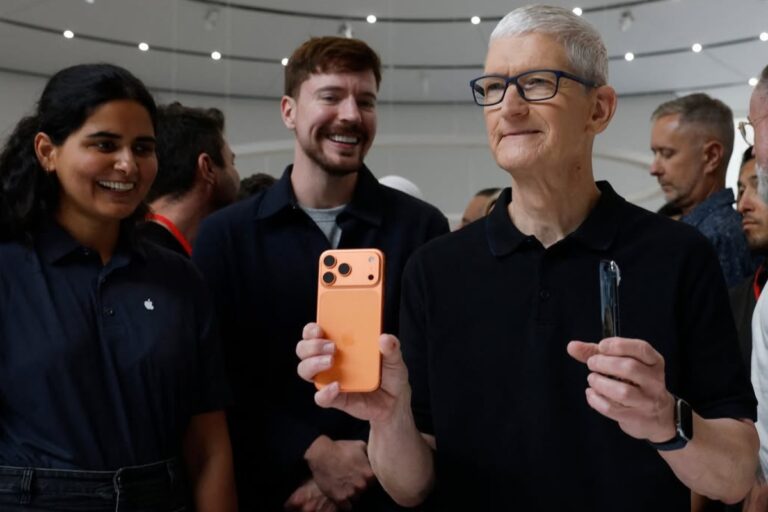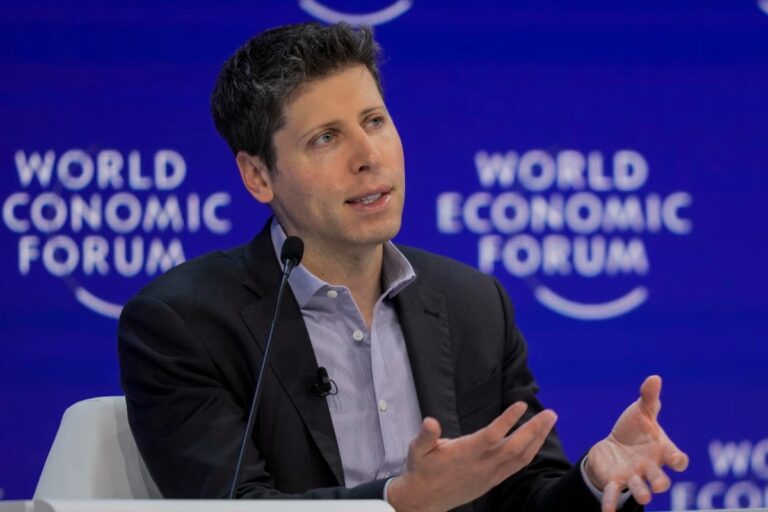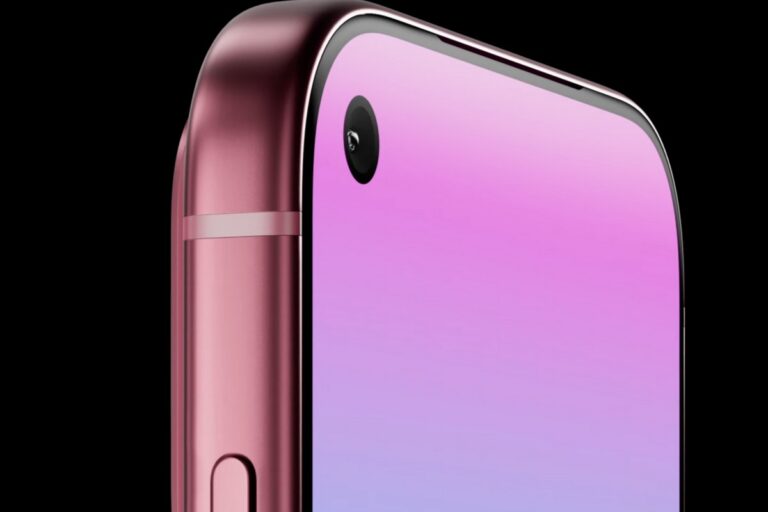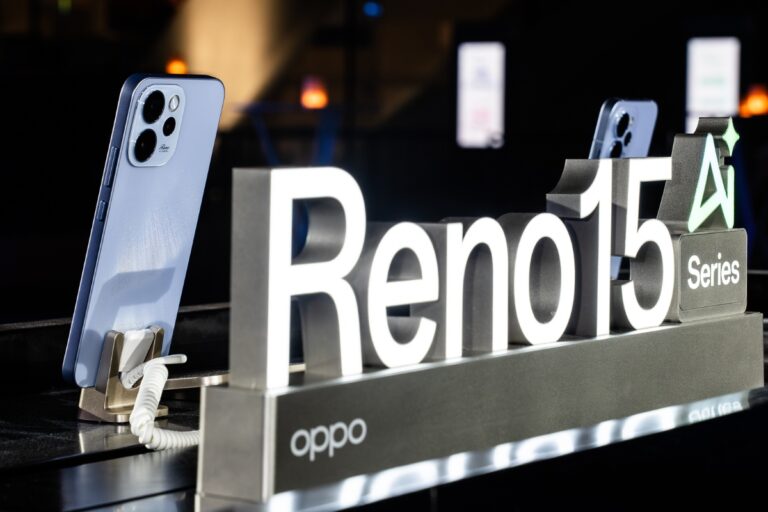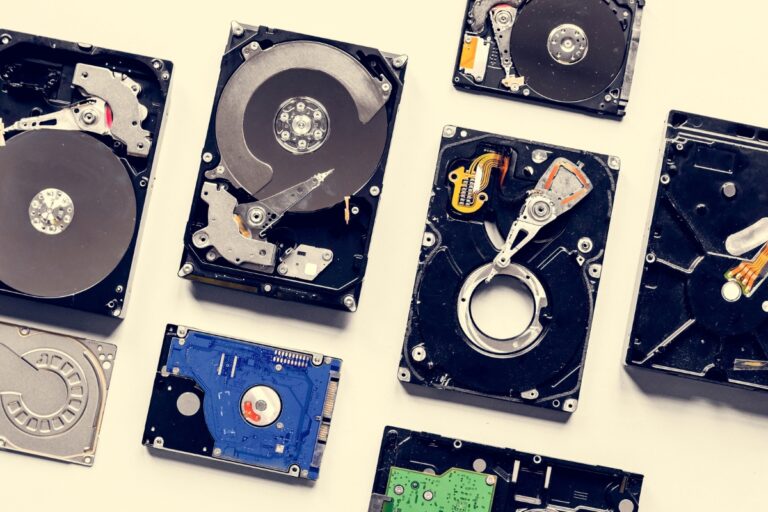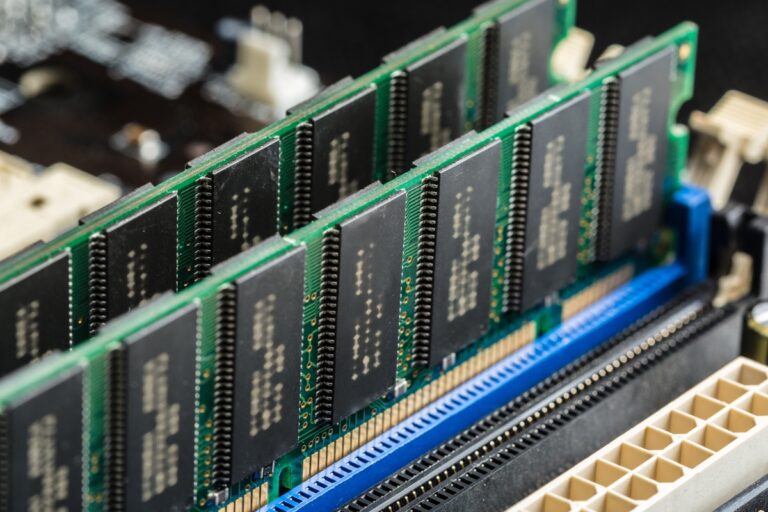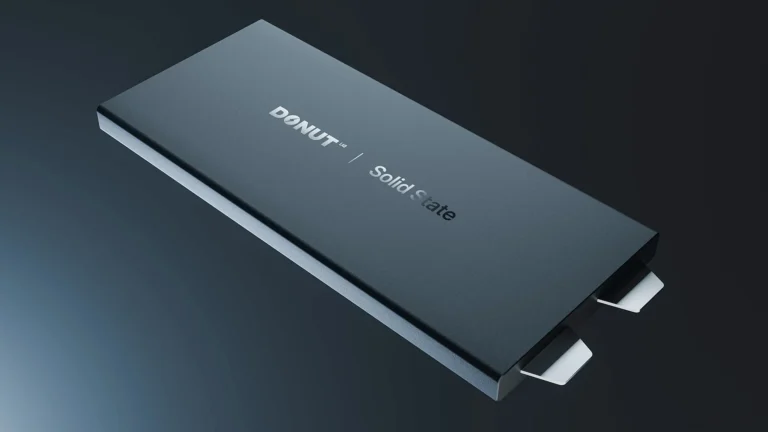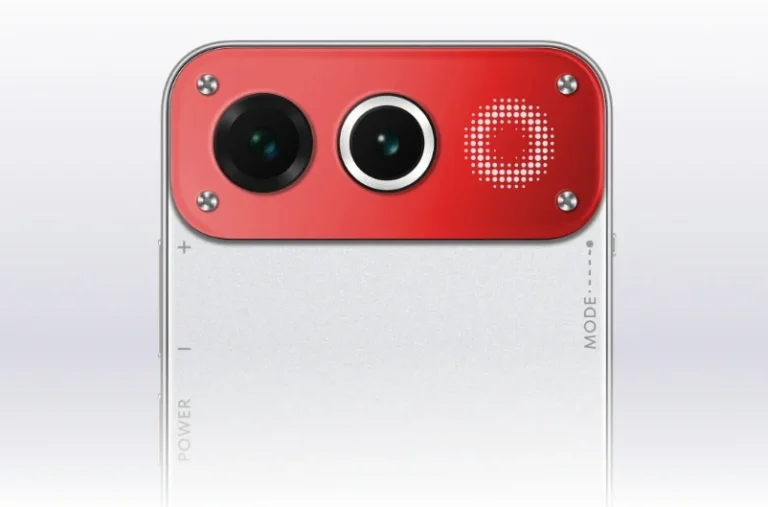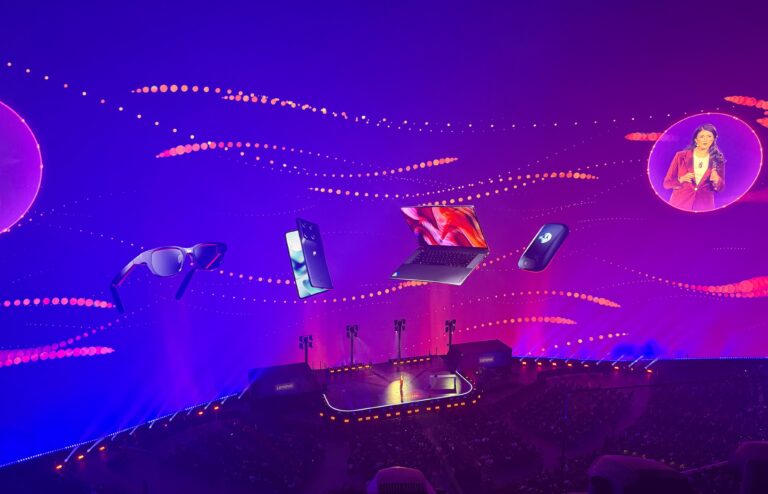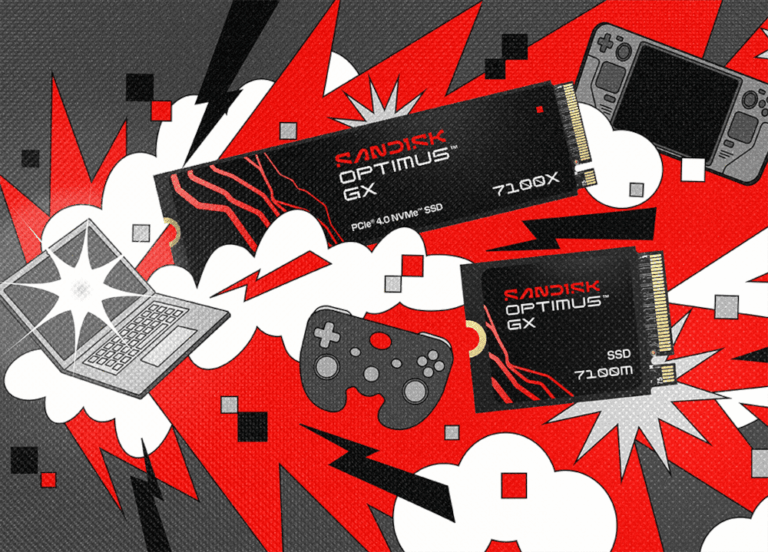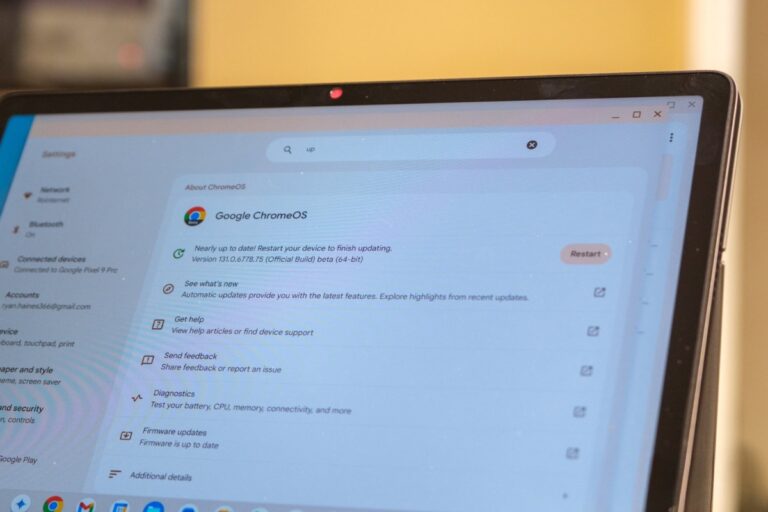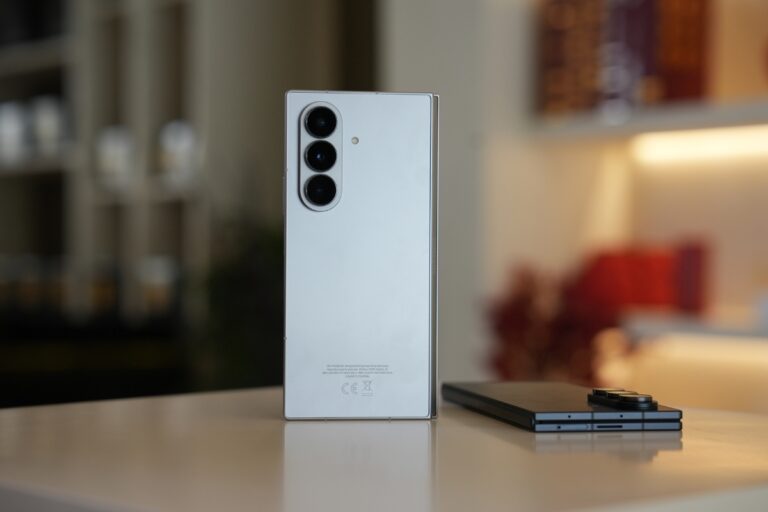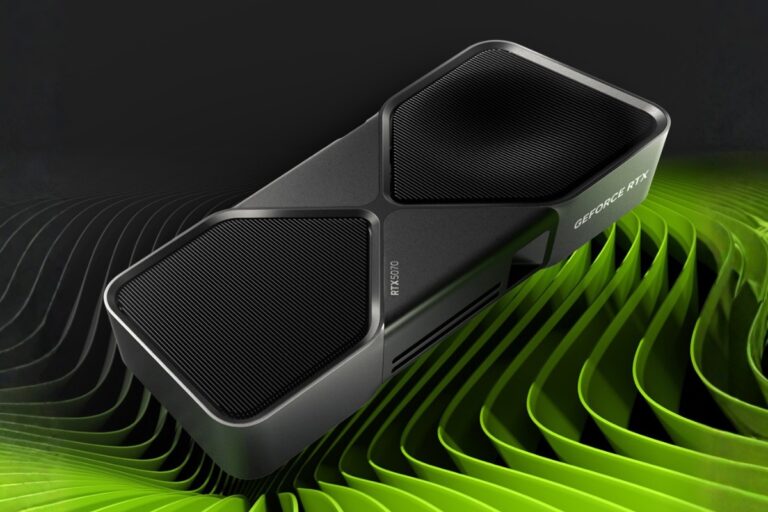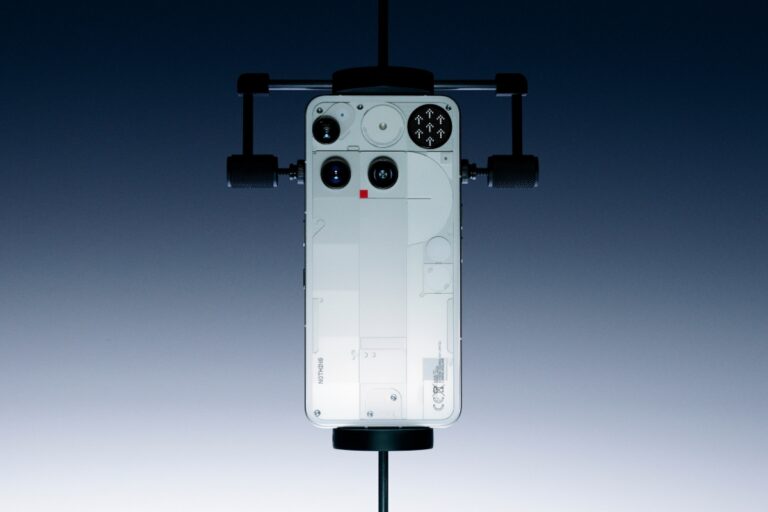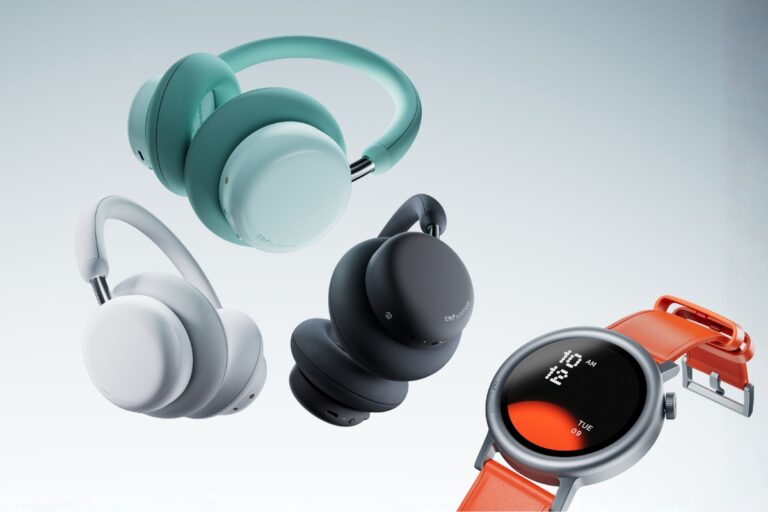A home that understands you – LG’s product philosophy
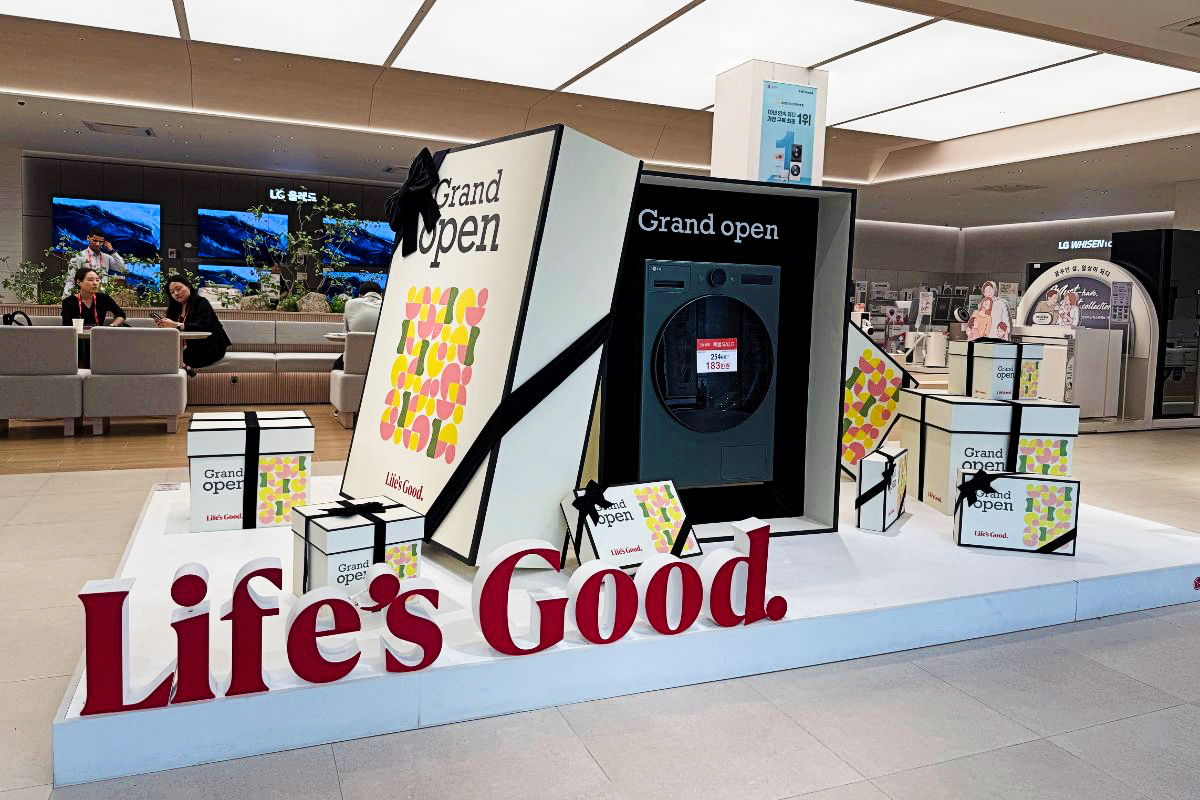
Homes mirror how people live, think, and desire. The next step is to make them an extension of their owners’ thoughts by adding intelligence. LG, the popular home appliance brand, leads this change. LG’s vision for the future home is to make it smarter and more seamless. The vision goes beyond automation and app control; it’s about creating what it calls Affectionate Intelligence—a type of AI that combines technology with understanding.
During a recent media trip to LG headquarters and facilities in Korea, the MENA TECH team took part in a roundtable in Seoul, where Ronald Ro, Vice President of the HS Platform Business Development Division at LG Electronics, explained how LG’s ThinQ ecosystem is becoming more human-centered. The goal is not to create devices that only follow commands but to design homes that recognize routines, detect moods, and anticipate what’s next. According to LG, the home should act more like a companion than just a collection of machines.
From smart to empathetic
For years, the “smart home” has been tech’s favorite buzzword, but LG believes the phrase has become too broad. The company is now defining a new frontier. “When you think about smart home and AI home, the connectivity part stays the same… but AI home is our approach to bringing different levels of data processing, personalization,” Ro says.
The focus isn’t on complexity but on context, understanding who’s speaking, what they need, and how to respond naturally. Instead of creating technology that commands attention, LG aims for intelligence that blends into the background and simply works.
Engineering that learns
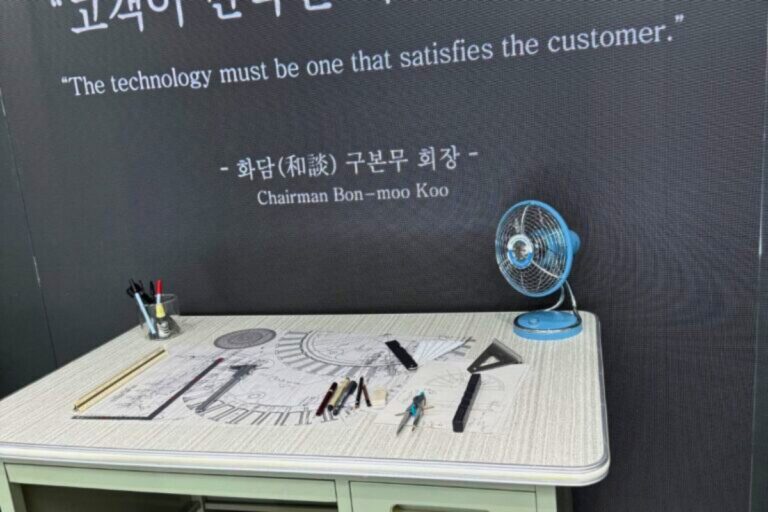
Few companies have the hardware heritage that LG does. Its experience with motors, compressors, and inverters goes back decades, and those technologies continue to be central to its products. Instead of leaving that legacy behind, LG is building on it with added intelligence.
A washing machine, for example, no longer just spins faster or quieter. It listens. Using AI DD sensors, it detects the fabric type, the dirt level, and even the user’s habits, then automatically adjusts movement and water levels. The mechanical precision stays, but now it adapts in real time. According to Mr. Ro, this approach is LG’s edge in the AI race.
ThinQ: the platform at the center
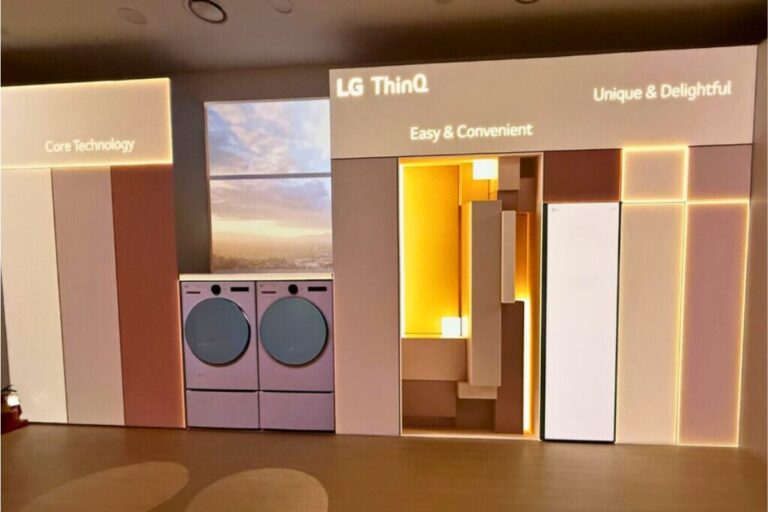
Everything centers on ThinQ, the platform LG introduced in 2017. It has since become the digital backbone of LG’s AI ecosystem. Now, it connects refrigerators, air conditioners, washers, and more into a unified network.
In countries like Saudi Arabia and Egypt, ThinQ’s popularity has surged. Monthly active users doubled in just two years, exceeding 800,000 by 2025. What fuels that growth isn’t flashy features but everyday dependability: self-diagnosis tools, energy monitoring, and simple remote control. For many households, ThinQ has become as routine as checking messages on a phone.
That expansion has also prompted LG to consider privacy more carefully. The company’s LG Shield program manages encryption and anonymized data processing, making sure that each connected device respects the user’s control.
“Longevity through intelligence”
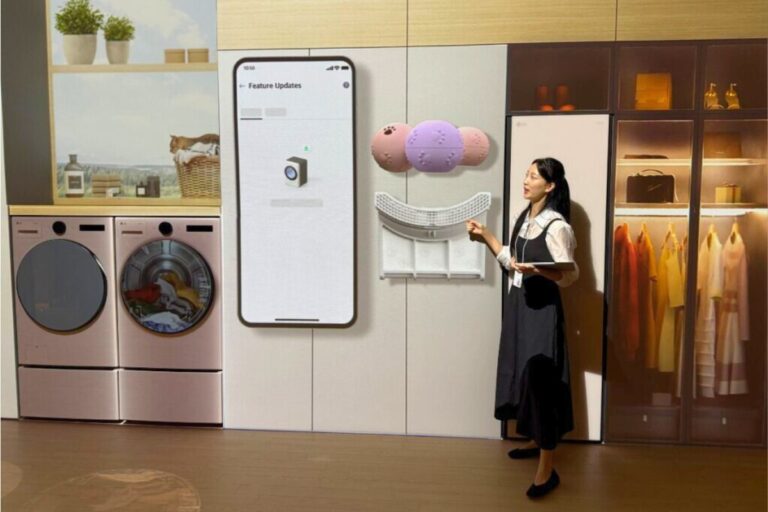
“Even if the product was purchased last year through ThinQ UP, you can use new features from 2025, as well as the new functions that will be released in 2026,” Ro explains.
ThinQ UP is a platform that transforms home appliances into adaptable systems. With software updates, users can add new features long after purchasing. For example, a washing machine might get a new cycle, a refrigerator could incorporate an energy-saving mode, or lighting might gain new controls.
The idea is that products shouldn’t go obsolete just because technology moves forward. If a home can stay current through updates, it saves users money and reduces electronic waste. LG calls it longevity through intelligence.
Another part of LG’s strategy for longevity is its ThinQ Care feature, an early-warning system integrated into LG’s connected devices. This feature alerts users to minor behavioral changes that could signal or lead to future problems. The idea is to provide stress-free service without interruptions.
From feedback to feature
Some of LG’s best ideas don’t come from engineers; they often originate from customers, as Ro explains. Inside the ThinQ app, there is a feature called ThinQ Idea that allows users to suggest new functions directly. The company’s product team reviews the submissions, and if an idea is suitable, it is developed and launched as an update.
That’s how features like FreshKeeper, which keeps laundry tumbling after a cycle ends, and NightView, which adjusts refrigerator lighting, were born. These updates started as user suggestions and now rank among the platform’s most-used features.
Culture and language as design
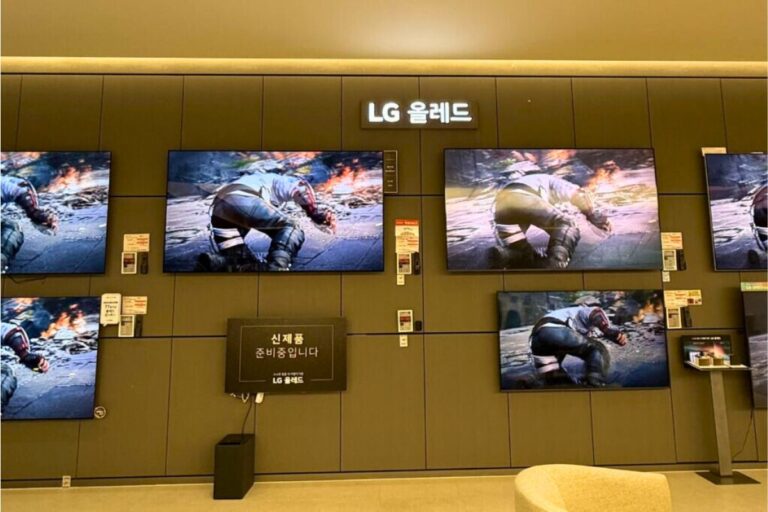
LG understands that language and local customs are as important as engineering. Its AI systems are being trained to recognize regional dialects and traditions, especially in Arabic-speaking markets. Additionally, it provides features like prayer times and fasting adjustments during Ramadan.
These subtle integrations transform the technology from unfamiliar to familiar, helping LG create emotional connections in areas where family and routine define the rhythm of life.
The philosophy behind the product
Empathy is at the heart of LG’s AI philosophy. The company strives for technology that feels natural and unobtrusive. When leaders talk about the future, they prioritize trust and comfort over speed or capacity. “AI should not control us. It needs to be contextually aware and empathetic, but always with privacy, security, and encryption in mind,” says Ro.
This principle underpins LG’s design approach in four key areas: security, entertainment, comfort, and energy. Each aspect connects through shared intelligence, providing a seamless experience. For LG, the smartest home is one that understands you.
The company’s idea of progress isn’t about louder technology or automation for its own sake. According to LG, the house of the future will know when to respond and when to stay silent. And as Ro puts it: “Technology can make life easier, but intelligence with empathy makes life better.”
